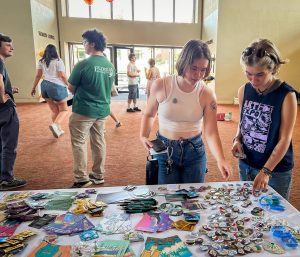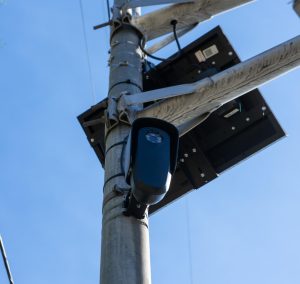Going abroad, going broke
September 15, 2022

I can vividly picture the moment when I got accepted to Whitman. My excitement was at its peak because Whitman was one of the few colleges who gave me a generous scholarship. Like many other international students, I had no option but to choose to be an immigrant in order to get a quality education and a good life. Coming from a marginalized and underprivileged background, I was always grateful to Whitman for giving me the opportunity to come and study without thinking about my finances. However, the picture looks very different when you arrive at the campus; you feel very constrained and limited because of your financial situation.
One of the aspects in which Whitman has completely failed to support students is its program for studying abroad. The Off-Campus Studies department advertises its programs to make it feel like it’s the most feasible and equitable opportunity that can be utilized by everyone. Given my grades and accomplishments, my professors encouraged me to apply to study for the semester at the University of Oxford, and luckily, I was accepted. I was thrilled, excited and felt many more emotions beyond measure. Little did I know that it would become one of my worst experiences financially. In fall 2021, when I was preparing to study at Oxford in the spring, I met with the administrator in charge of my program. I told her that the financial aid that I was given was noticeably less, as my parents do not give me a penny, so it would be really hard for me to survive on Whitman’s money alone. Further, we are not allowed a source of income while studying abroad. Instead of giving me courage or saying kind words, the administrator told me, “I hope you have some savings, because it will be really hard for you there.”
Regardless of these barriers, I still chose to go. I had a one and a half month inter-semester break and I had to find accommodation and housing on my own for that period. Given the fact that Oxford is one of the most expensive UK cities, my financial aid was not considered again. How I survived and managed my money is a story for another time, but suffice to say that I became depressed and had to leave the country. I went to my home country for the break.
The real purpose of studying abroad is to grow and learn from the host country. Learning comes through traveling, meeting people and taking part in cultural activities. If your financial situation restrains this, the whole experience only becomes a struggle and a challenge. The Financial Aid office and the Off-Campus Studies office have to do better in terms of providing scholarships according to people’s needs and the host countries they are going to. Given the recession and inflations where certain countries have been affected more than the others, we need to do a better job at making our students financially secure and safe.
This article speaks to every student who has been broke while studying abroad. I sympathize with them, and I know how difficult it can be at times. I hope this article brings nothing but a little change to the system, making financial aid more equitable for everyone so next time no one becomes depressed or wishes that they had chosen not to go.






